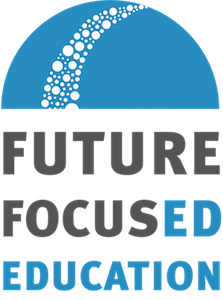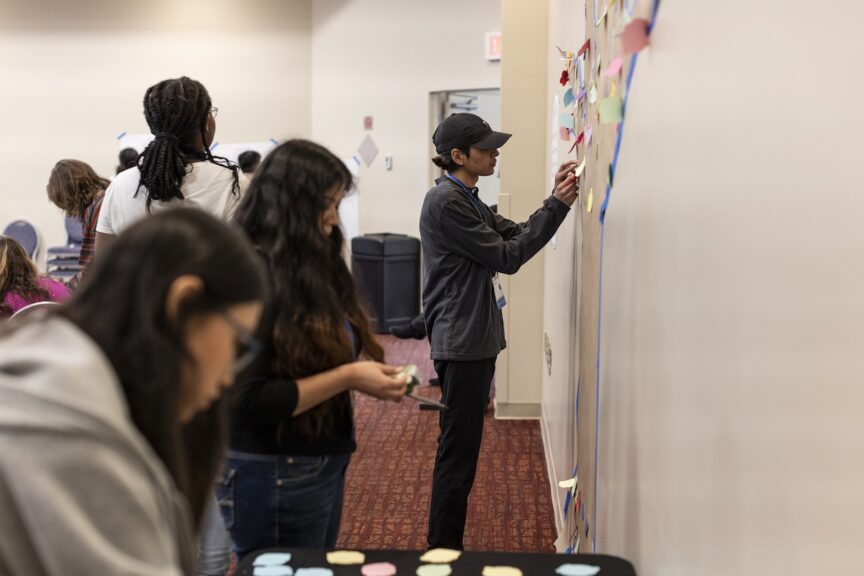Make Your Voice Heard in Support of Students in New Mexico
Comment on NMPED's new rule!
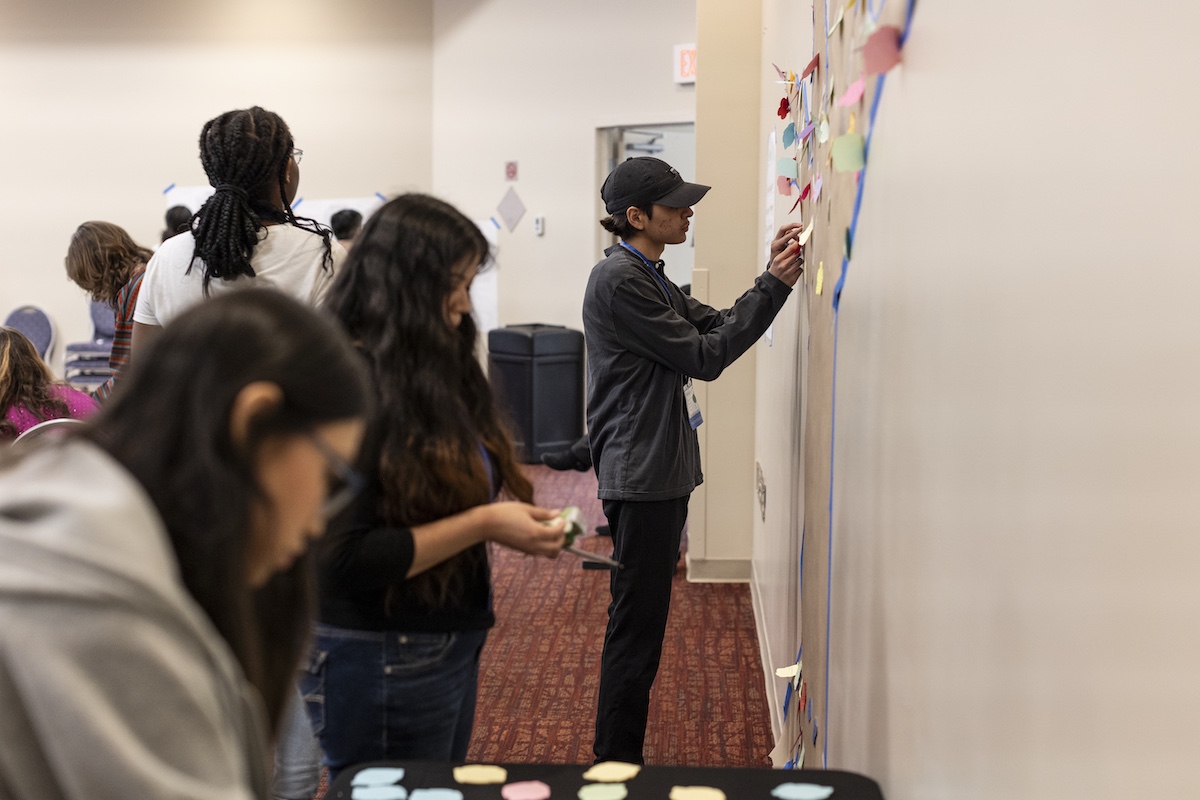
background: creating more opportunities for students
The New Mexico Public Education Department has proposed an amendment that would align House Bill 171, Graduation Requirements with Senate Bill 137, School Board Training. The proposed amendment would update graduation requirements, school board and governing council training requirements, and available diploma options.
HB 171, Modernizing Graduation Requirements, has the potential to transform our high schools if educators have the freedom to do their most inspired work with young people. Competency based learning and assessments, updates to the structure of the school day, high quality graduate profiles, and other considerations are needed to fully realize HB 171’s potential.
The goal of the new graduation requirements is not to create new mandates; it’s to create new opportunities for students to be successful. To do this, more schools will need to use performance assessments and/or capstone projects to assess core and elective course content, rather than relying on standardized testing or other methods that are disconnected from real life experiences.
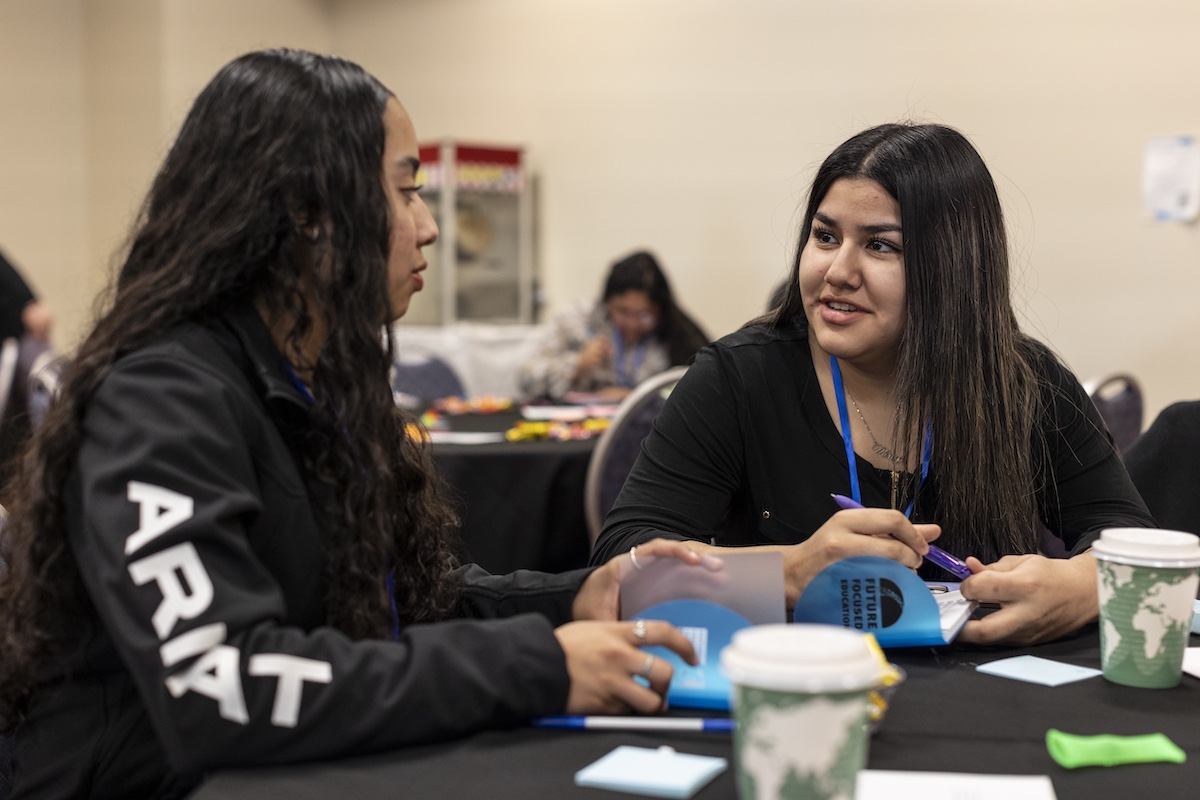
Students and Educators Want Engaging Experiences
This push for change is backed by results. Recent data from 47 schools in New Mexico’s Innovation Zones—a state-funded initiative—demonstrates that experiential learning opportunities are making a significant difference. In one year alone, over 2,400 students engaged in internships—307% more than the previous year—with 70% of those internships being paid. This rise illustrates the demand for learning that extends beyond the classroom, connecting students with their communities in powerful ways.
Focused Education has convened hundreds of community members and educators to hear from young people about their hopes for the future. These conversations have led to policies that reinforce three common needs:
- Learning that is relevant and focused on meaning and purpose
- Meaningful mentorship to help young people contribute to their communities
- Care and concern for young people and their well-being
Educators are eager to bring these methods into their classrooms. More than 200 teachers recently applied for just 100 spots in Future Focused Education’s Community of Learning cohorts, which support project-based learning and performance assessments. This demand highlights the commitment among New Mexico’s educators to create learning environments that empower students as active, culturally grounded participants.
“It [HB171] could create more flexibility and dynamism, which is needed to meet the needs of a rapidly changing world (including better/closer alignment to workforce and community needs).”
- Instituto del Puente Focus Group Participant
A New Definition of Assessment
In New Mexico, culturally and linguistically sustainable assessment aims to bridge academic learning with students' real-life and cultural experiences, making education meaningful and relevant. By integrating community values in graduate profiles and hands-on activities, this approach emphasizes the connection between school knowledge and community wisdom. Students engage in collaborative, applied learning, showcasing their skills in ways that resonate with their cultural backgrounds, fostering a deep sense of belonging and personal relevance in their educational journey.
This community-informed assessment model promotes active learning by involving students and local community members in capstone projects, performance-based assessments, portfolios, and projects that honor Indigenous practices and local expertise. Such methods encourage students to actively demonstrate their knowledge, connecting classroom skills to real-world applications while developing as culturally grounded, active participants in their communities. This holistic approach not only meets academic standards but also nurtures students' cultural identities and lifelong learning, empowering them as valued members of their communities.
“In order to transform schools, there needs to be a clear anchor between equity and assessment practices. As long as the assessment system remains tied to the status quo, small efforts will be stuck in the transition.”
- Instituto del Puente Focus Group Participant
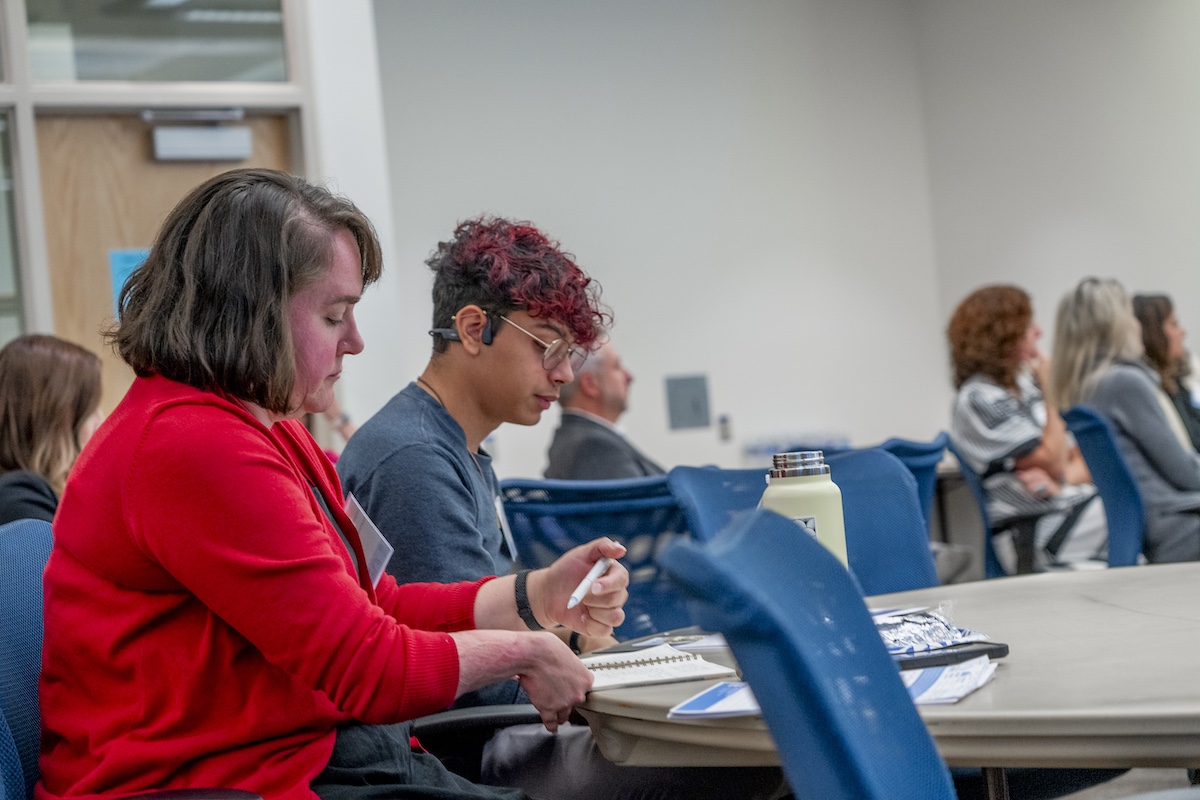
How You Can Support New Mexico’s Students
To learn how to submit a comment or attend the in-person hearing, visit the New Mexico Public Education Department website. Comments are due by December 6th. When submitting your comments, be sure to specify the rule: 6.29.1 NMAC, General Provisions.
Here is a template you can draw from as you write your comment:
Re: [6.29.1 NMAC, General Provisions]
To Whom It May Concern,
Thank you for the opportunity to comment on this proposed amendment. I am [brief introduction about your role or connection to education].
I am writing to express my strong support for including a definition of assessment in 6.29.1 NMAC, General Provisions. These changes represent a significant step forward in creating a more equitable and effective education system in New Mexico.
Sincerely,
[Name]

